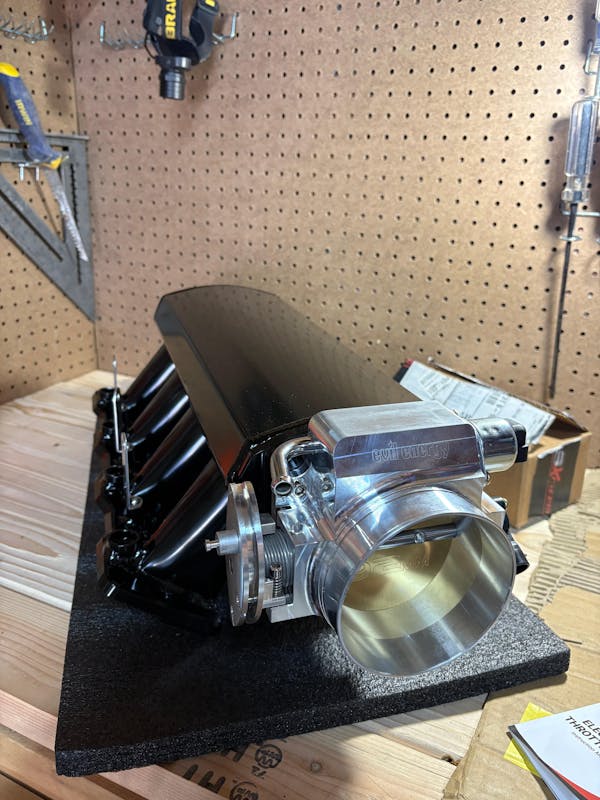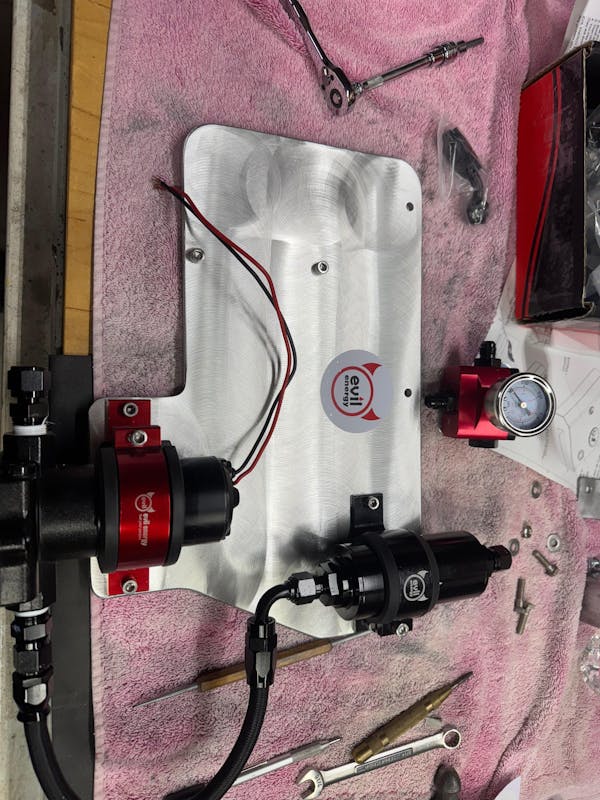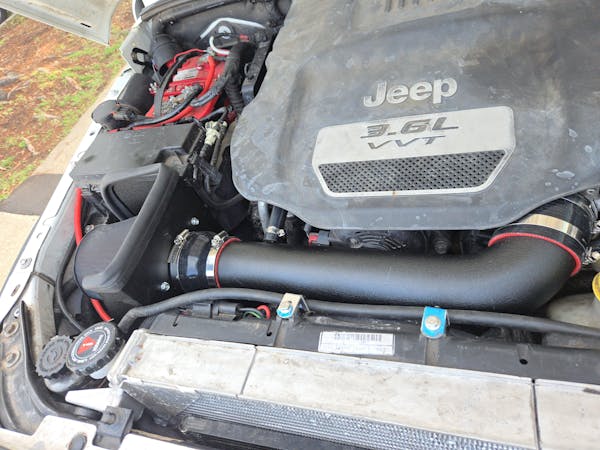How Long Does a Fuel Pump Last? Understanding Lifespan and Maintenance
When it comes to vehicle maintenance, few components are as crucial as the fuel pump. This unassuming part is responsible for delivering fuel from the tank to the engine, ensuring that your vehicle runs smoothly. But how long does a fuel pump last, and what can you do to extend its lifespan? In this comprehensive guide, we'll explore the average lifespan of fuel pumps, the factors that affect their longevity, signs of failure, and practical tips for maintenance.
In This Guide
- Average Lifespan of a Fuel Pump
- Why Longevity Matters
- Factors Affecting Fuel Pump LongevityDriving Habits
- Signs Your Fuel Pump May Be Failing
- Tips for Prolonging Fuel Pump Lifespan
- Conclusion
Average Lifespan of a Fuel Pump
On average, a fuel pump can last anywhere from 80,000 to 120,000 miles. However, this lifespan can vary widely based on several influencing factors. Some pumps may fail earlier due to poor maintenance or adverse driving conditions, while others may exceed 150,000 miles with proper care.
Why Longevity Matters
Understanding the lifespan of your fuel pump is essential for several reasons:
- Preventive Maintenance: Knowing when to replace your pump can prevent unexpected breakdowns.
- Cost Efficiency: A proactive approach can save you money on repairs and towing services.
- Vehicle Performance: A well-maintained fuel pump ensures optimal engine performance and efficiency.
Factors Affecting Fuel Pump Longevity
Several factors can influence how long your fuel pump will last. Let's delve into each one:1. Driving Habits
Your driving style significantly impacts the wear and tear on your fuel pump. Here are some considerations:- Frequent Short Trips: If you often drive short distances, your engine may not reach its optimal operating temperature. This can lead to condensation in the fuel tank, promoting rust and corrosion.
- Aggressive Driving: Rapid acceleration and hard braking can put additional stress on your vehicle's components, including the fuel pump.
2. Fuel Quality
The quality of the gasoline you use plays a pivotal role in the health of your fuel system:- Contaminated Fuel: Poor-quality gas can contain dirt, water, and other impurities that can clog filters and damage the pump.
- Additives: Some fuels contain detergents that help keep your engine clean. Choosing high-quality fuels with these additives can enhance performance and longevity.
3. Fuel Tank Levels
Keeping your fuel tank at an appropriate level is crucial for maintaining pump health:- Avoid Running Low: Frequently allowing your tank to drop below a quarter full can lead to overheating issues since the pump relies on gasoline for cooling.
- Sediment Accumulation: Low fuel levels can lead to sediment from the bottom of the tank being drawn into the pump.
4. Environmental Conditions
Extreme temperatures can adversely affect your fuel pump's performance:- Hot Weather: High temperatures can lead to overheating, which may cause premature wear.
- Cold Weather: In colder climates, gasoline can thicken, making it harder for the pump to operate efficiently.
5. Maintenance Practices
Regular maintenance is key to extending the life of your fuel pump:- Fuel Filter Replacement: Clogged filters can increase pressure on the pump and lead to failure. Make sure to replace them according to your vehicle's maintenance schedule.
- System Inspections: Regularly check for leaks or signs of wear in your fuel system.
Signs Your Fuel Pump May Be Failing
Being aware of early warning signs can help you address potential issues before they escalate:
Whining Noises
If you hear a loud whining or humming noise coming from your gas tank when you turn on the ignition, it could indicate that your fuel pump is struggling or failing.
Starting Difficulties
Difficulty starting your vehicle may suggest that the pump isn't delivering enough fuel to the engine. If you find yourself cranking the ignition multiple times before starting, it's time for an inspection.
Engine Sputtering
If your engine sputters or hesitates during acceleration, it may be starved of fuel due to a malfunctioning pump or clogged filters.
Stalling
Frequent stalling while driving is a serious issue that could be linked to inadequate fuel flow. If this happens regularly, have your vehicle checked immediately.
Power Loss
A noticeable decrease in power during acceleration or when climbing hills might indicate that your engine isn't receiving sufficient fuel.
Tips for Prolonging Fuel Pump Lifespan
To ensure that your fuel pump lasts as long as possible, consider implementing these practical strategies:
Keep Your Tank Full
Aim to maintain at least a quarter tank of gas at all times. This practice helps keep the pump submerged in gasoline for cooling and lubrication.
Choose Quality Fuel Stations
Opt for reputable gas stations known for maintaining clean tanks. High-quality fuels reduce contamination risks and support better performance.
Avoid Filling Up During Deliveries
When you see a delivery truck at a gas station, consider waiting until they finish refueling. The disturbance can stir up sediment that could enter your tank.
Invest in Quality Replacement Parts
If you need to replace your fuel pump, choose high-quality fuel pumps rather than cheaper alternatives. Quality pumps are designed for longevity and reliability.
Regular Maintenance Checks
Schedule regular inspections with a trusted mechanic who understands your vehicle's needs. They can check for potential issues before they become significant problems.
Conclusion
Understanding how long a fuel pump lasts-and what factors influence its lifespan-empowers vehicle owners to take proactive measures in maintaining their cars. Remember that taking care of your vehicle today leads to reliable performance tomorrow!


![[20FT] EVIL ENERGY PTFE Fuel Line Kit, complete black hose & fittings set, 180-day return](http://www.ievilenergy.com/cdn/shop/files/Test-2025-Evilenergy-125598065_165x.png?v=1742144807)
![[16FT] EVIL ENERGY PTFE Fuel Line Kit, black braided hose, fittings, free shipping & return](http://www.ievilenergy.com/cdn/shop/files/Test-2025-Evilenergy-125598171_165x.png?v=1742144807)
![CPE Fuel Line[25FT]](http://www.ievilenergy.com/cdn/shop/files/25FTCPE_FuelLine_165x.png?v=1735220649)
![CPE Fuel Line[20FT]](http://www.ievilenergy.com/cdn/shop/files/20FTCPE_FuelLine_165x.png?v=1735220649)





